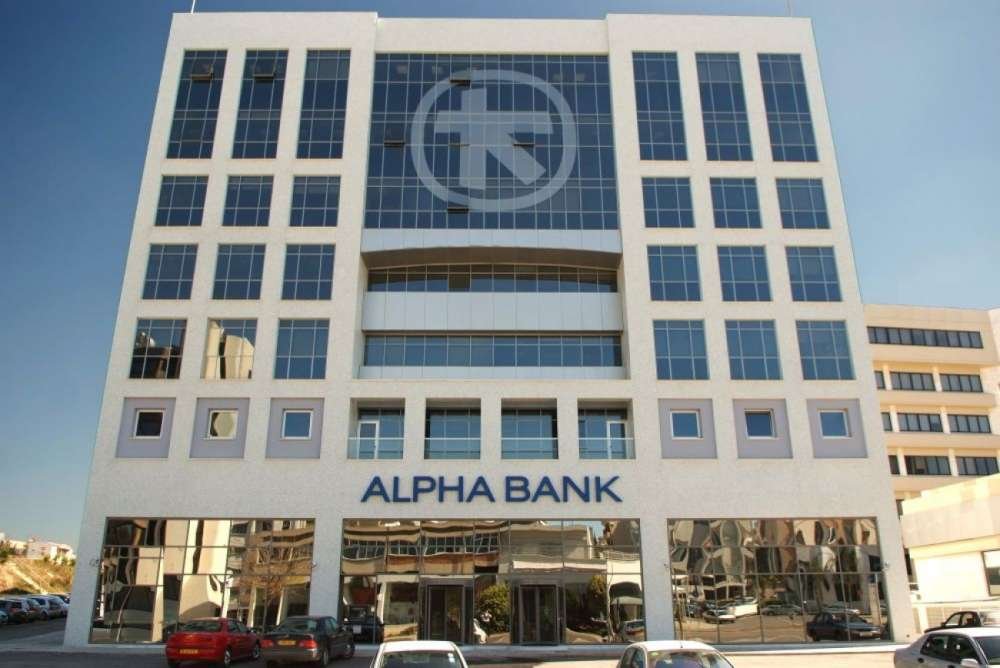Breakingviews
Calling the bottom on Greek banks has been a triumph of optimism over experience. Still, there is reason to believe that €1.2 billion euro Alpha Bank, in which US investor John Paulson has a 7 per cent shareholding, is on the mend after it agreed a deal on Monday to offload €10.8 billion in bad debts, the second-largest such deal in Europe.
The sale of the Galaxy portfolio is expected to reduce Alpha’s non-performing exposure (NPE) ratio to 24 per cent from around 43 per cent and its non-performing loan (NPL) ratio down to 13 per cent from 30 per cent, a banking source familiar with the deal said.
Greece has the highest bad-loans ratio in the European Union.
The fix, which sent shares up 5 per cent, involves securitising dud credits, and selling the riskiest tranches to hedge fund Davidson Kempner. By roughly halving his overall non-performing loan ratio, Chief Executive Vassilios Psaltis predicts lower future credit losses will enhance Alpha’s measly return on tangible equity. Assume projected 2022 bad debt charges fall by 50 per cent, in line with the overall reduction in NPLs, to €280 million. Alpha’s Return on Tangible Equity (ROTE, calculated by dividing earnings by equity) could more than double to 5 per cent, according to a Breakingviews calculation using Refinitiv data. Yet its shares are priced at just 15 per cent of tangible book value, implying a return of perhaps 2 per cent, assuming a 10 per cent cost of capital. Paulson may finally have reason to cheer.
Cepal, with a headcount of about 900, will be servicing the portfolio of bad loans that Davidson Kempner is expected to buy, in addition to non-performing loans of other parties. It currently services a little under 30 billion euros of impaired loans.






Click here to change your cookie preferences